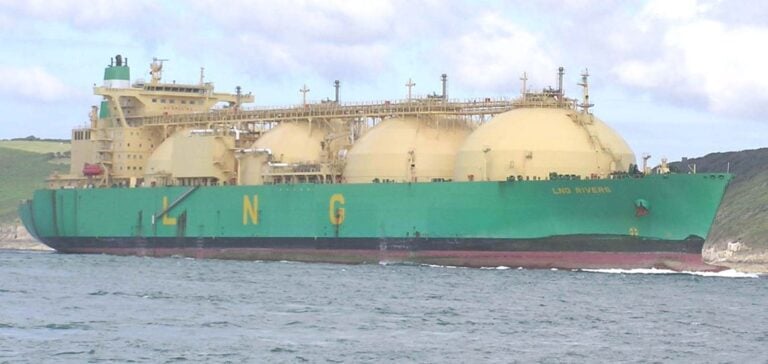Freight rates for Very Large Gas Carriers (VLGC), especially on routes linking Houston to Northwest Europe and the Mediterranean, remained subdued in November, reaching their lowest levels in over a month. This stagnation is mainly attributed to growing fleet capacity and improved transit conditions at the Panama Canal, according to market analysts.
In November, rates to Northwest Europe were assessed at $58 per metric ton, down by $2 from the previous week. Similarly, rates to Morocco fell to $55.25 per metric ton. These levels stand in stark contrast to 2023, when rates reached $135 and $127.75, respectively, driven by severe restrictions caused by prolonged drought at the Panama Canal.
Notable recovery at the Panama Canal
In 2023, restrictions tied to drought management at the Panama Canal significantly increased freight rates, forcing some LPG exporters to adopt alternative routes such as the Cape of Good Hope. However, water levels in Gatun Lake, critical for the canal’s operations, improved in 2024, allowing for smoother transit. These improvements were supported by a strong recovery in VLGC transits, according to Commodity Insights analysts.
Despite these advancements, an increasing order book for VLGCs and Very Large Ethane Carriers poses new capacity challenges for the canal in the years to come.
Expanding fleet capacity
The growth in liquefied petroleum gas shipping capacity, including both VLGC and Medium Gas Carrier (MGC) segments, is expected to boost overall market supply. Currently, a significant portion of the global fleet operates under time charter contracts. However, new entrants to the segment could stimulate opportunities in the spot market.
According to an industry source, many MGCs, equipped to carry ammonia, will initially transport LPG before transitioning to the ammonia segment as production ramps up by 2030-2032. This temporary addition of LPG transport capacity is likely to exert further pressure on freight rates.
Geopolitical factors and uncertainties
Despite the current environment of low freight rates, market outlooks remain uncertain. Geopolitical factors, such as a potential Iran-Israel conflict, could tighten vessel availability and disrupt market fundamentals. Such tensions could lead to higher rates and force operators to revise their freight strategies.
Meanwhile, the market continues to monitor developments in infrastructure and ship orders, adapting to shifting dynamics driven by fleet growth and increasing environmental requirements.





















